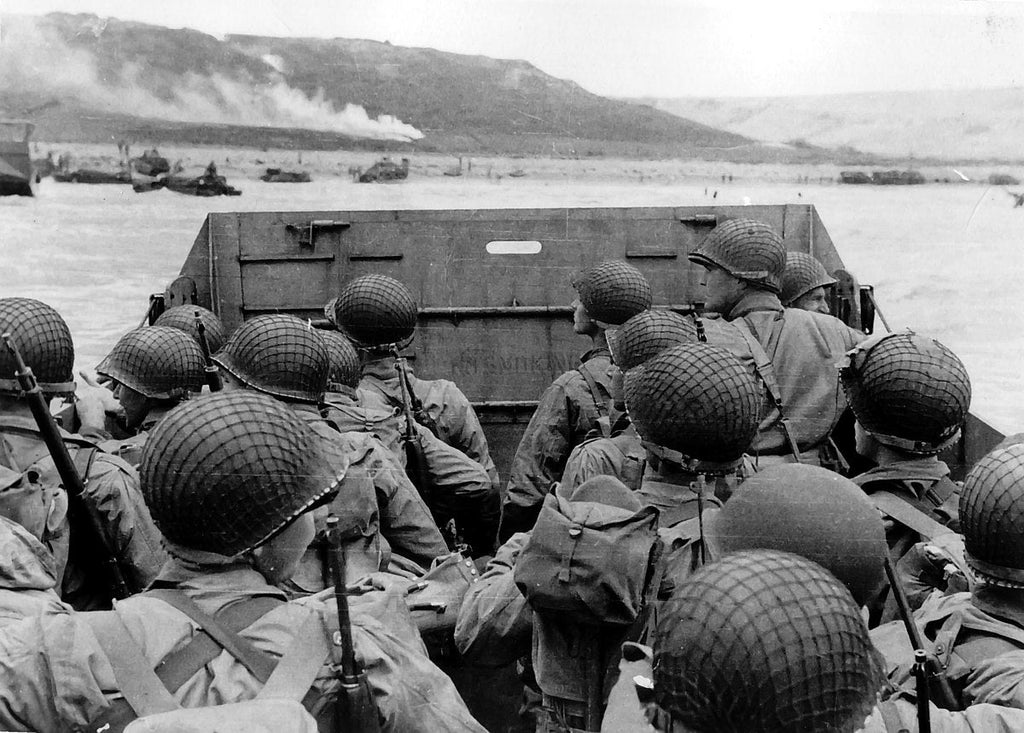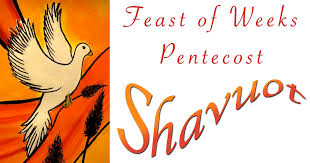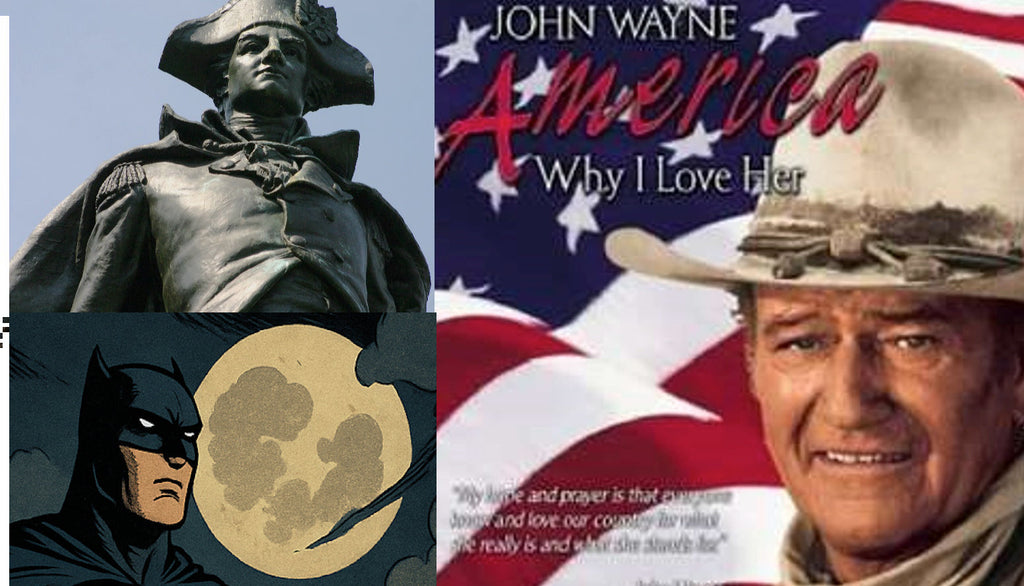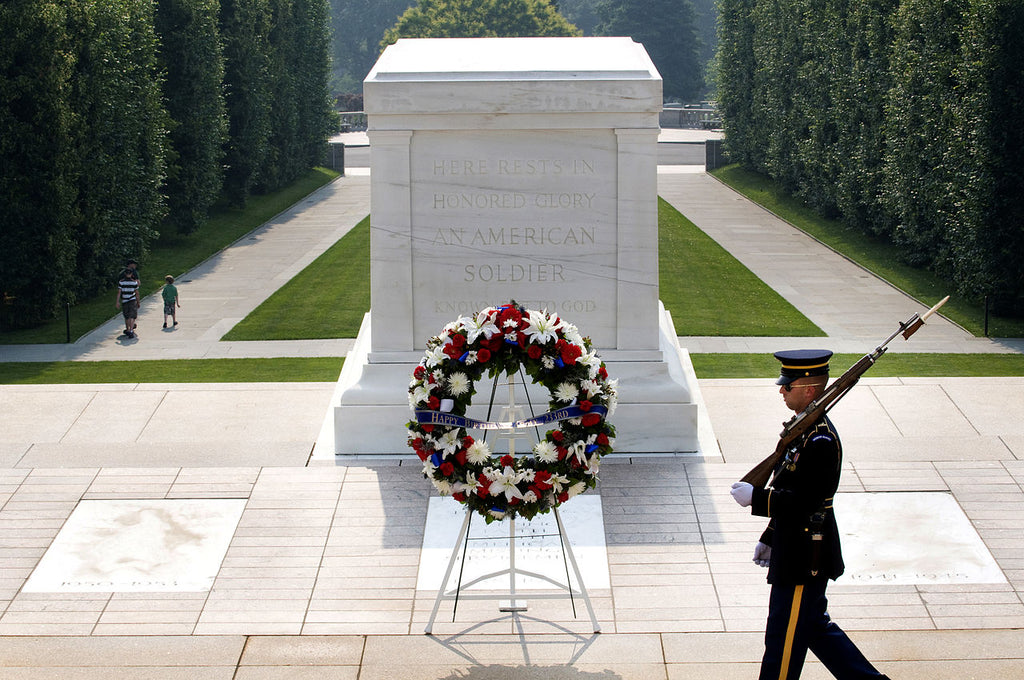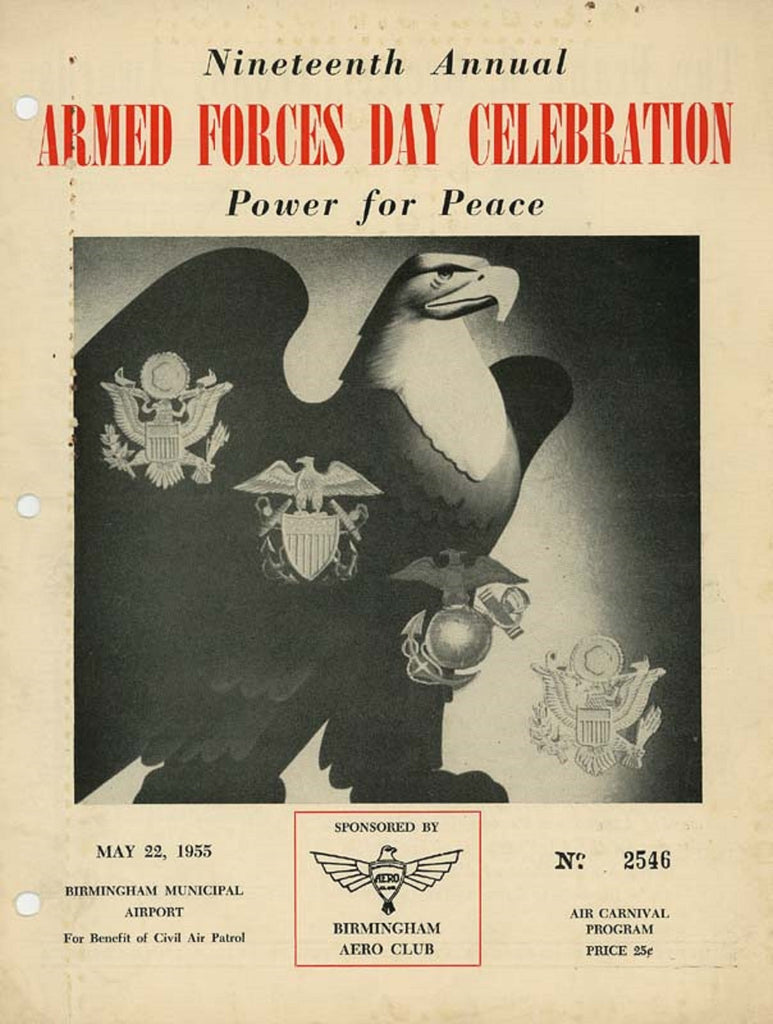Today's American Minute
D-Day, June 6, 1944 & Nazi aggression that led up to it; FDR "A Struggle to Preserve our Republic, our Religion & our Civilization" - American Minute with Bill Federer
1944? FDR "A Struggle to Preserve our Republic June 6 our Religion & our Civilization" What led up to D-Day
Feast of Pentecost and Prophecies yet to be fulfilled - American Minute with Bill Federer
Feast of Pentecost and Prophecies yet to be fulfilled
General "Mad Anthony" Wayne, Bruce Wayne, & John Wayne "I'd like to know why they make excuses for cowards ..." - American Minute with Bill Federer
& John Wayne "I'd like to know why they make excuses for cowards ..." Bruce Wayne General "Mad Anthony" Wayne
LISTEN (text to speech) Download as PDF ... General "Mad Anthony" Wayne raised a militia unit at the beginning of the Revolutionary War and participated in the invasion of Canada. He fought in the Battle of Trois-Rivières, and led forces at Fort Ticonderoga and Mount Independence. "Mad Anthony" Wayne fought at Brandywine in 1777, then harassed British General Howe as his troops marched towards Pennsylvania. In 1778, Wayne attacked at the Battle of Monmouth. He fought at Germantown, and quartered the winter at Valley Forge. In July of 1779, when General George Washington asked if he could capture Stony Point,...
Memorial Day --Honoring American Heroes of Courage, Sacrifice, & Faith - American Minute with Bill Federer
& Faith Memorial Day --Honoring American Heroes of Courage Sacrifice

